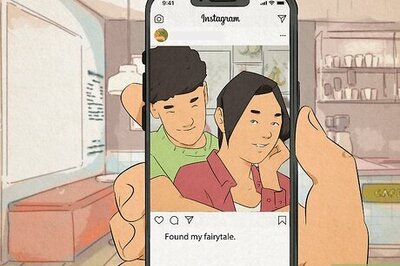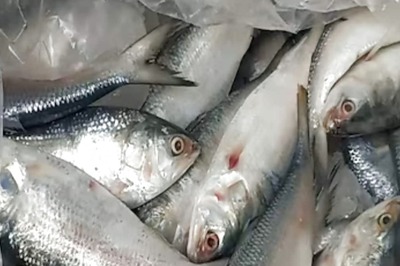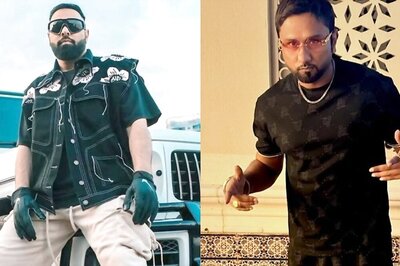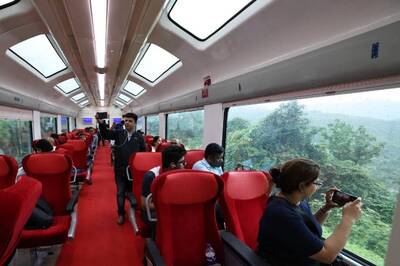
views
Four days after stating that the danger of propaganda and misinformation still persists, Sri Lankan President Maithripala Sirisena declared on Tuesday that the ban on social media and internet services has been lifted. The ban was imposed on the back of the devastating Easter Sunday terror attack on the island nation on April 21, which took 253 lives and threatened to tip over into unprecedented unrest and communal violence. Today, after the situation has been brought under relative control, the government released a statement notifying about the lifting of the ban, but the move did not come without a warning to the common users.
According to the statement, the Sri Lankan head of internet, Nalaka Kaluwewa, has issued a plea to users to "be responsible" regarding handling of information online. The ban was implemented by the Sri Lankan government as the circumstances around the terrorist attack threatened to cause a prolonged duration of violence in the country. This was done in a bid to prevent the spread of hate speech, communally spiteful content, misinformation and propaganda, which could have had devastating consequences and given rise to unfounded panic, spreading of rumours and potentially caused even further deaths.
The flipside
On the other hand, banning all of the most commonly used internet services does not only prevent malicious individuals from posting, but in an internet-enabled country that relies on social media to remain in communication, also prevents the common people from talking to one another. This, too, creates plenty of reasons for concern, since taking away the power to communicate means individuals were stranded in isolated parts of the country without any mainstream method of communication for 10 days, possibly without knowledge or updates of where their families were, or in case any emergency help was required at any moment.
Preventing speech in accepted common parlance leads to restricted resolution of an issue. Because of the ban, individuals and public figures, who could have helped avoid severe damage in terms of mental health, were left without a medium to speak on. An Al Jazeera article rightly details the fact that the Sri Lankan common citizen does not use television as a credible information source since the presidential days of Rajapaksa. This meant online publications were the only credible sources of information, all of which typically publish news on popular social media platforms. At a time of high emergency, while the intention of blocking social media was right, the effect had a set of challenges, which in turn could have been significantly detrimental to the well being of the Sri Lankan citizen.
Counter-productive?
Many, meanwhile, had labeled the ban as counter-productive. Along with the above-mentioned factors, it was important to take into account that if a nation is generally tech savvy enough to consider the internet and social media as the primary source of news, most of its users, too, are advanced enough to use multiple other methods to use the internet, and access the said platforms. These other methods involve using virtual private networks (VPNs), which route a network connection through a foreign server to bypass authoritative restrictions.
This method is commonly used in nations such as China, where the likes of Facebook and Google's services are banned. Many apps, in fact, offer built-in VPN support, in order to help users continue using a particular service even as governments inflict restrictions. The banning of social media services in Sri Lanka, as a result, may not have quite had the desired effect of blocking out the possibility of spreading information that may be misleading.
Even if a certain section of the Sri Lankan citizen were online using VPNs, information could then have snowballed in word of mouth and other, old school propagation methods. It is this very factor that raises the question of how efficient the banning of social media was, as the Sri Lankan government attempted to prevent online expansion of propaganda and misinformation. Could a deeper disabling of the internet connectivity helped? Maybe, but that may have left open the further threat of taking away potentially emergency services from the common people of Sri Lanka.
That itself would have been terrifying in presence of the massacre in the island nation. The social media ban stands lifted as of now, although emergency regulations continue to be in force at the moment, leading to special laws pertaining to the sharing of information on the internet.


















Comments
0 comment